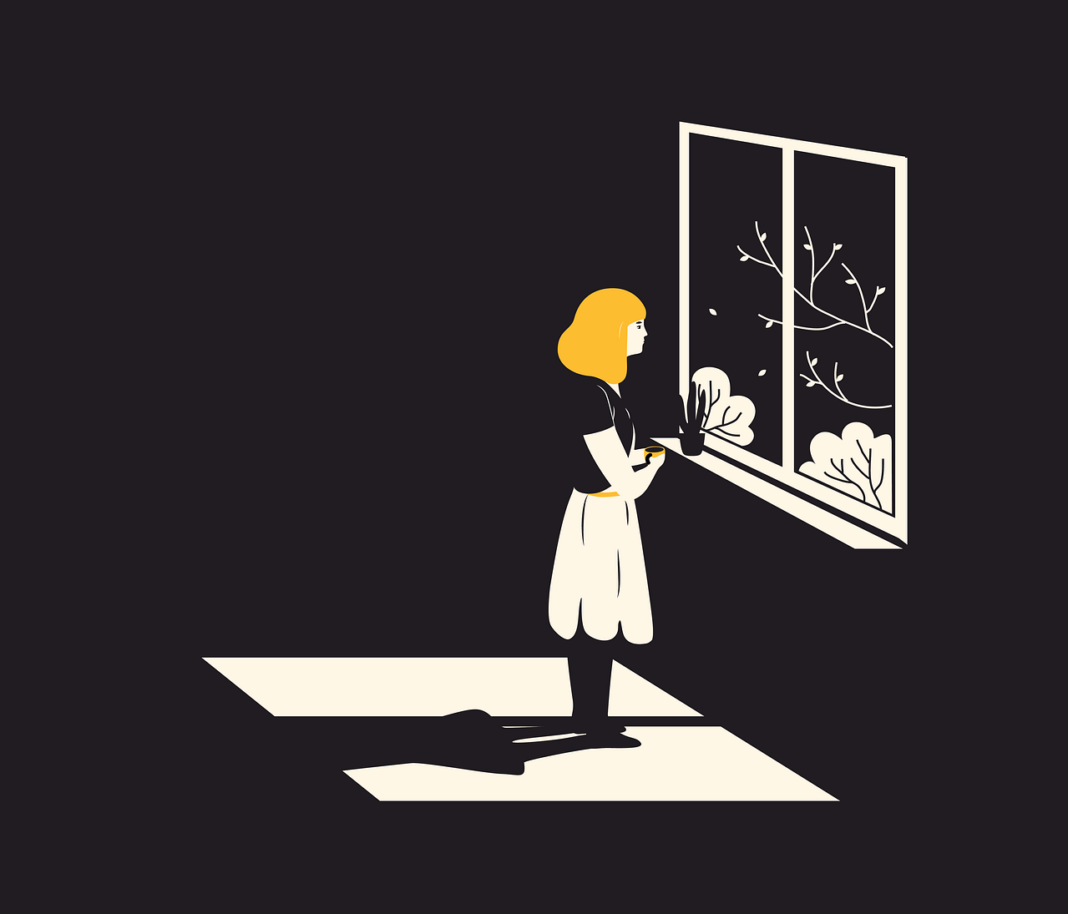Depression is a prevalent condition that affects people of all ages, genders and races. An estimated one in six people will experience depression.
 Depression can cause many symptoms including sadness, hopelessness, worthless-ness and fatigue. Other symptoms may include changes in appetite and sleep patterns, difficulty concentrating, and a loss of interest in activities. In severe cases, if left untreated, depression can lead to thoughts of suicide.
Depression can cause many symptoms including sadness, hopelessness, worthless-ness and fatigue. Other symptoms may include changes in appetite and sleep patterns, difficulty concentrating, and a loss of interest in activities. In severe cases, if left untreated, depression can lead to thoughts of suicide.
Several risk factors can increase the likelihood of developing depression, among them a family history of depression, significant life events or changes, chronic or severe stress early in life, substance abuse, personality traits and medical conditions such as chronic pain or thyroid disorders. While these factors can increase the likelihood of developing depression, they do not guarantee a person will experience the condition. Fortunately, there are many effective treatments for depression including therapy, medications and lifestyle changes such as exercise and healthy eating habits.
Antidepressant medication therapy is one of the most common treatments. These medications work by altering the levels of chemicals in the brain, such as serotonin, norepinephrine and dopamine. These chemicals, or neurotransmitters, regulate mood and, if unbalanced, can lead to depression.
Esketamine or Spravato is another treatment that has proven effective in patients with treatment-resistant depression or suicidal ideation. Symptoms relief can begin in just hours. Spravato is the first FDA-approved derivative of Ketamine that comes in the form of a nasal spray. Unlike antidepressants, it targets glutamate, the brain’s most abundant neurotransmitter, which plays a role in mood, learning, and memory. Spravato acts like a neural growth stimulator that can increase connections between synapses within the brain, improving its overall function by boosting glutamate production. Clinical trials show Spravato may stabilize or enhance learning and memory issues. It is an excellent option for patients who have tried several antidepressants without improvement in symptoms.
Other effective treatments for depression include psychotherapy. This therapy involves discussing your thoughts, feelings and behaviors with a mental-health professional. Through psychotherapy modalities, you can learn new coping skills and strategies for managing your depression. You can also explore the underlying causes of your depression and work to address them.
Exercise is also an effective adjunctive treatment for depression. Exercise releases endorphins, natural chemicals in the brain that can improve mood.
Other treatments for depression include light therapy, which involves exposure to bright light, and alternative therapies, such as acupuncture and meditation.
If you or someone you know is struggling with depression, seeking help is essential. Depression is a treatable condition. With the proper treatment, you can feel better and improve your quality of life. Talk to your doctor or a mental-health professional to learn more about your treatment options.
Lleva Groves, PMHNP-BC, is a psychiatric nurse practitioner with American Medical Associates in Maricopa. | This story was first published in the July edition of InMaricopa Magazine.



![Maricopa’s ‘TikTok Rizz Party,’ explained One of several flyers for a "TikTok rizz party" is taped to a door in the Maricopa Business Center along Honeycutt Road on April 23, 2024. [Monica D. Spencer]](https://www.inmaricopa.com/wp-content/uploads/2024/04/spencer-042324-tiktok-rizz-party-flyer-web-218x150.jpg)



![Locals find zen with Earth Day drum circle Lizz Fiedorczyk instructs a drum circle at Maricopa Community Center April 22, 2024. [Brian Petersheim Jr.]](https://www.inmaricopa.com/wp-content/uploads/2024/04/PJ_3922-Enhanced-NR-218x150.jpg)


![Shred-A-Thon to take place tomorrow An image of shredded paper. [Pixabay]](https://www.inmaricopa.com/wp-content/uploads/2024/03/shredded-paper-168650_1280-218x150.jpg)


![Alleged car thief released without charges Phoenix police stop a stolen vehicle on April 20, 2024. [Facebook]](https://www.inmaricopa.com/wp-content/uploads/2024/04/IMG_5040-218x150.jpg)



